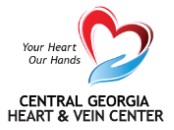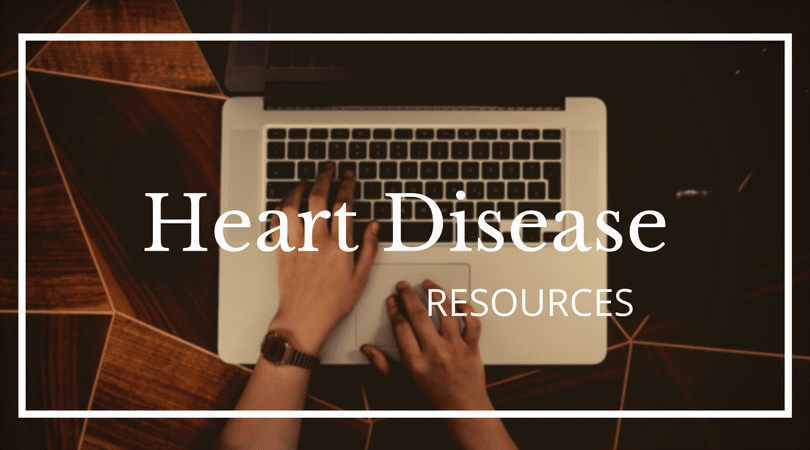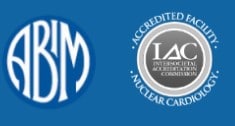Once you’ve been diagnosed with heart disease, the most important thing is to begin managing and slowing the symptoms. Because heart disease is a diagnosis that has a range of conditions, it can be hard to figure out the right lifestyle changes. Diseases that fall under this umbrella include coronary artery disease, arrhythmias, and congenital issues just to name a few. Here are some resources that can help every patient make healthy decisions for their heart.
Regular Care and Medication
Seeing a cardiologist or cardiac specialist is the first step in making a health plan for a heart disease diagnosis. Your doctor will likely perform a series of tests to determine the underlying cause. If necessary medication will be prescribed. It is important to follow your cardiologist’s recommendations and precautions for each medication.
Education About Heart Disease
Once you have a diagnosis, patients who educate themselves are much more likely to stick to a treatment plan. Excellent resources for education about symptoms, diet, medication, and more can be found at the Mayo Clinic or the American Heart Association. Of course, you can also use the Central Georgia Heart Center ez access portal to communicate with your doctor for any questions or concerns.
Diet and Exercise
Maintaining a healthy lifestyle will promote a healthy cardiovascular system. Try cutting down on fried and fatty foods, adding exercise to your daily routine, and begin focusing on lowering your stress levels. Heart.Org offers a Heart Disease diet and exercise recommendation plan for patients. If you find it hard to stay accountable, electronic apps like My Fitness Pal and Fitbit can help you keep track of your health decisions.
If you believe you may be struggling with Heart Disease, please make an appointment with a Central Georgia Heart Center cardiologist here.





